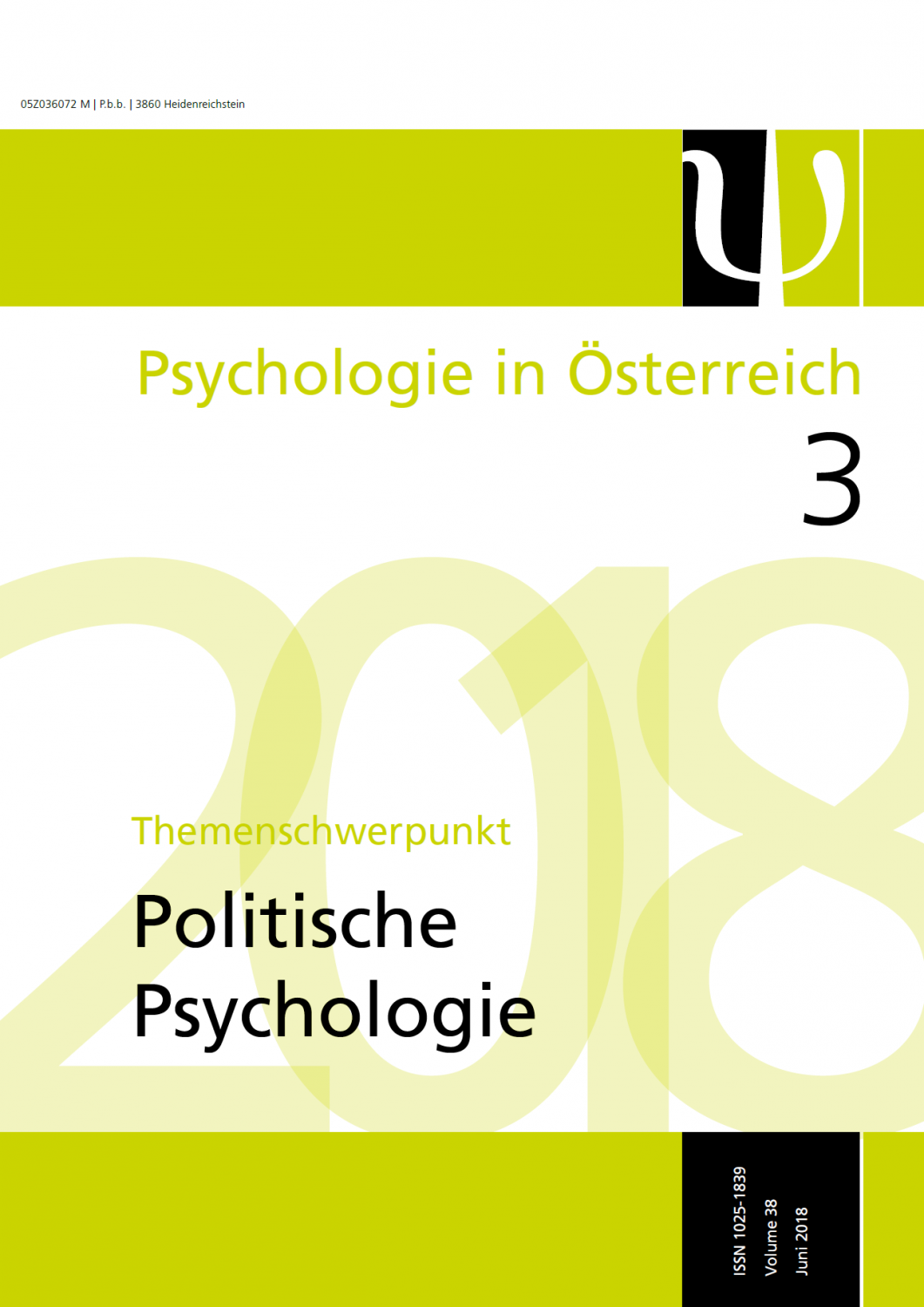The FatherSchools Parenting for Peace model has been successfully piloted in three European countries: Austria, Germany, and Belgium. Funded by the Austrian Federal Ministry of Social Affairs, Health, Care and Consumer Protection, the programme has expanded to Zanzibar, with two rounds of FatherSchools Zanzibar implemented between 2023-2025. In total, four groups of fathers were trained to activate their intrinsic potential to become role models for peace within their families and communities.
The success and rapid expansion of the ‘MotherSchools: Parenting for Peace’ movement highlights that mothers indeed are effective in recognising and responding to early warning signs of radicalisation in their homes and communities. Yet Women without Borders (WwB) has found in both its research and work on the ground that fathers can be an obstacle to mothers’ efforts. A high number of participants cite their husbands’ relationship to them and their children as a chief contributing factor to tension and unrest at home. Many fathers present challenges to family cohesion due to, inter alia, poor communication skills, physical and mental absence, and a propensity for domestic violence. Having long recognised these issues, the MotherSchools Curriculum already includes a module entitled ‘Involving Fathers’.
FatherSchools promise to be more than just a mitigating measure: fathers could become unlikely male role models in traditional communities where notions of masculinity often are linked to violence and parenting tends to remain a woman’s affair. Fathers thus can be viewed as a missing puzzle piece in a family-based and whole-of-community security architecture. Parents, as a united front, have the strongest intervention potential in protecting adolescent and young adult children from being attracted to radical messages and recruiters. Ultimately, sensitising fathers to their ‘parenting for peace’ responsibility and engaging them through FatherSchools is a significant step in supplementing and building on the impact of the ongoing MotherSchools programme in Zanzibar. As no other organisation has brought fathers into the PVE fold in this manner, WwB decided to embark on an exploratory endeavour by developing its first FatherSchools Curriculum, with successful pilot programmes implemented so far in Austria, Belgium, and Germany. Having laid the groundwork and garnered support from communities in Zanzibar, FatherSchools Zanzibar presents a unique opportunity and ideal starting point to activate the untapped potential of fathers in safeguarding at-risk youth and communities. As such, another iteration of FatherSchools was implemented in 2025 across two regions of Zanzibar.
FatherSchools Zanzibar II | 2025
After the initial FatherSchools Zanzibar round in 2023-2024, the Austrian Federal Ministry of Social Affairs, Health, Care and Consumer Protection supported a second iteration in 2025. Collaborating once again with longterm partners Zayedesa, WwB implemented another two groups across the district of Tumekuja. Project findings are expected to be published soon, drawing upon the qualitative and quantitative data collected through in-depth, semi-structured Entry/Exit interviews and Entry/Exit Questionnaires, as well as continuous project monitoring.
FatherSchools Zanzibar I | 2023-2024
Since 2008, WwB has worked in Zanzibar with local implementing partner organisation Zanzibar Youth Education Environment Development Support Association (Zayedesa). After the implementation of several other projects, MotherSchools began in Zanzibar in 2014 and have been ongoing since, with the sixth iteration taking place in 2024. Through this programming, a strong community of stakeholders and peacebuilders has been built, making it a natural next step to pilot FatherSchools in Zanzibar.
The initial FatherSchools Zanzibar round, supported by the Austrian Federal Ministry of Social Affairs, Health, Care and Consumer Protection, began in 2023 with ground and desktop research as well as the Train the Teacher workshop. Rollout of sessions and monitoring then began in 2024, culminating in a Graduation Ceremony in March. This first iteration was implemented with fathers across two groups in the Kiswandui and Mbadala districts of Zanzibar. Throughout the implementation of the FatherSchools, WwB collected qualitative and quantitative data through in-depth, semi-structured Entry/Exit interviews and Entry/Exit Questionnaires to measure distance travelled at an individual and group level and overall programmatic impact. Project findings were published in 2024.


